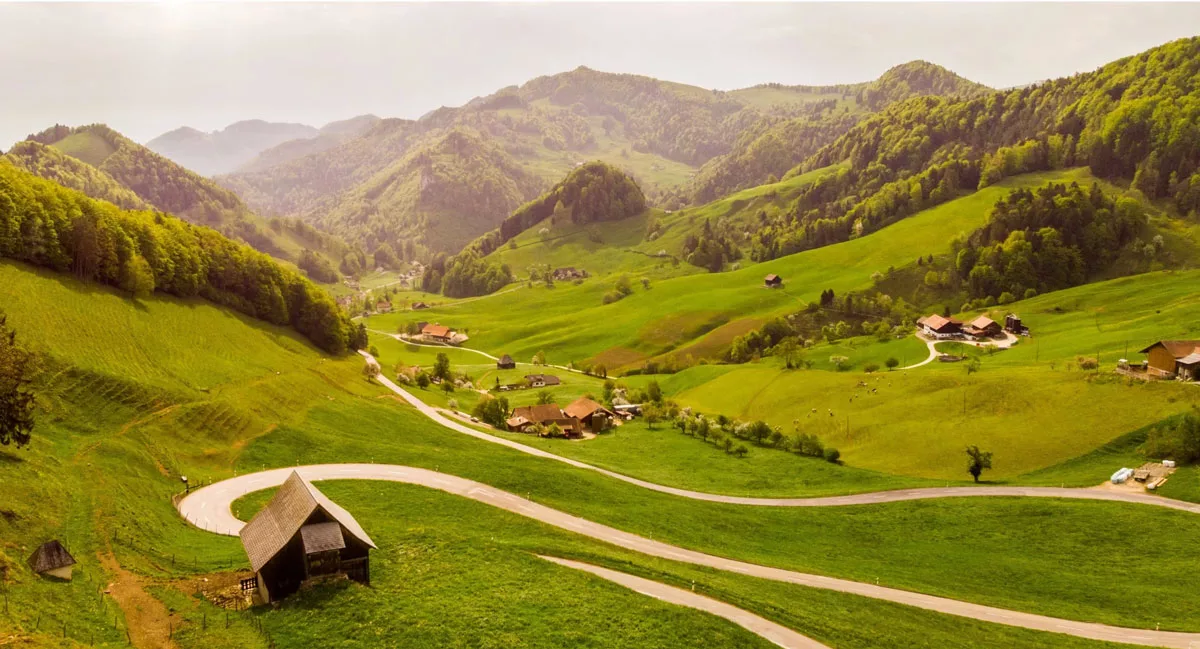SUSTAINABLE DEVELOPMENT
In April 2024, mountain stakeholders gathered in Grenoble Alpes Métropole, France. At the Mountain Planet trade show, 23,000 professionals exchanged ideas and shared their vision for the present and future of mountain tourism. The central question? How can we envisage a sustainable and eco-responsible
of tourism in mountain regions?
While the Auvergne Rhône Alpes region was at the heart of the debates, over 20 foreign
delegations from 67 countries were present for the 50th edition of this international
mountain industry event. 20,000 visitors also attended this year, demonstrating significant
interest in environmental and sustainable development in mountain regions They were able
to meet with professionals from ski resorts, developers, manufacturers, elected representatives, local authorities, accommodation providers, and ski area operators.
Sustainable tourism and preservation of the mountain environment
At the Mountain Planet trade show, we met some of the winners of the Sustainable CIMES
Awards. These are awarded by the National Association of Mountain Resort Mayors
(ANMSM). The awards recognize the initiatives of Alpine mountain resorts committed to the
ecological transition.
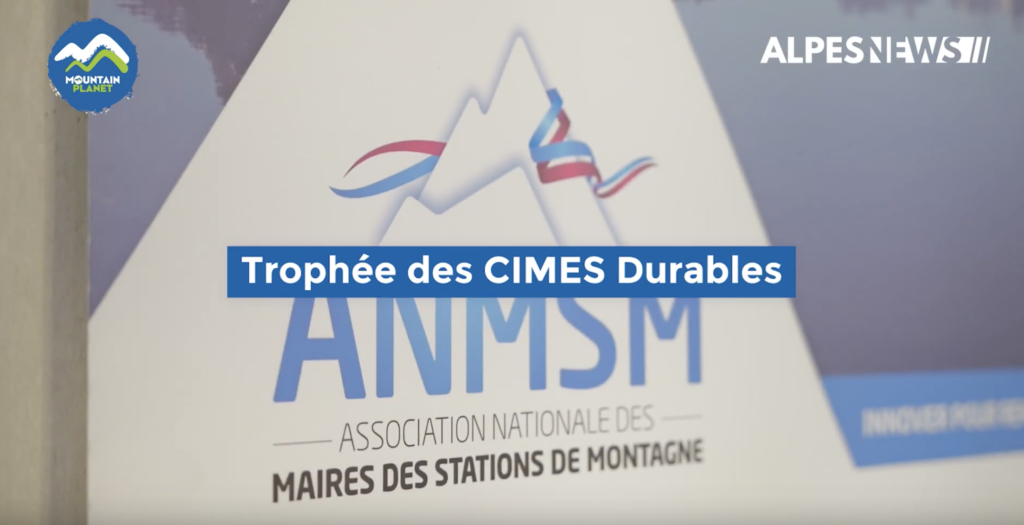
- Hauteluce village school’s educational project (linked to Les Saisies resort in
France) aims to create an educational area. Children on vacation can explore and
observe the local flora and fauna. The aim of this educational and eco-citizen project
is to raise awareness of the need to protect the environment and to promote
biodiversity on their territory, with children as active participants, supported by the
French Office of Biodiversity (OFB). - The Isola 2000 Jazz Festival is eco-friendly. Concerts were held in nature, without
electricity—only locally produced power from the town’s micro hydroelectric plants or
solar panels. In collaboration with the Mercantour park and local stakeholders,
committed musicians allowed many visitors to discover unique tourist sites. In resorts,
activities aren’t just about ski lifts. Cultural activities and wildlife observation are
alternatives to ski vacations, enhancing and preserving the area. - Val d’Isère resort also received recognition for integrating sustainability and
ecological transition criteria into its public procurement processes. As part of the
“Flocon Vert” initiative, this project required the establishment of a sustainable purchasing policy approved by the elected representatives.
See pictures from day 2 of the show
Launch of the “Adopt’1 Spot” program
The show also highlighted the Mountain Riders program. By “adopting” a spot, local
authorities, economic players, ski area managers, brands, companies, associations, and
schools commit to two clean-ups per year for three years, in the same area, with the same
number of people. This program aims to monitor the evolution of wild pollution and develop
strategies to reduce such waste at the source. This initiative, endorsed by the Ministry of
Ecological Transition, aligns with the National Zero Waste Mountain Charter.
Reducing their carbon footprint, a priority for mountain resorts
Skiing remains the quintessential winter vacation activity. The positive results of the
2023/2024 season confirm it. Yet, ski resort professionals are fully aware of its environmental
impact, particularly regarding transportation, which alone accounts for 52% of carbon
emissions in mountain areas.
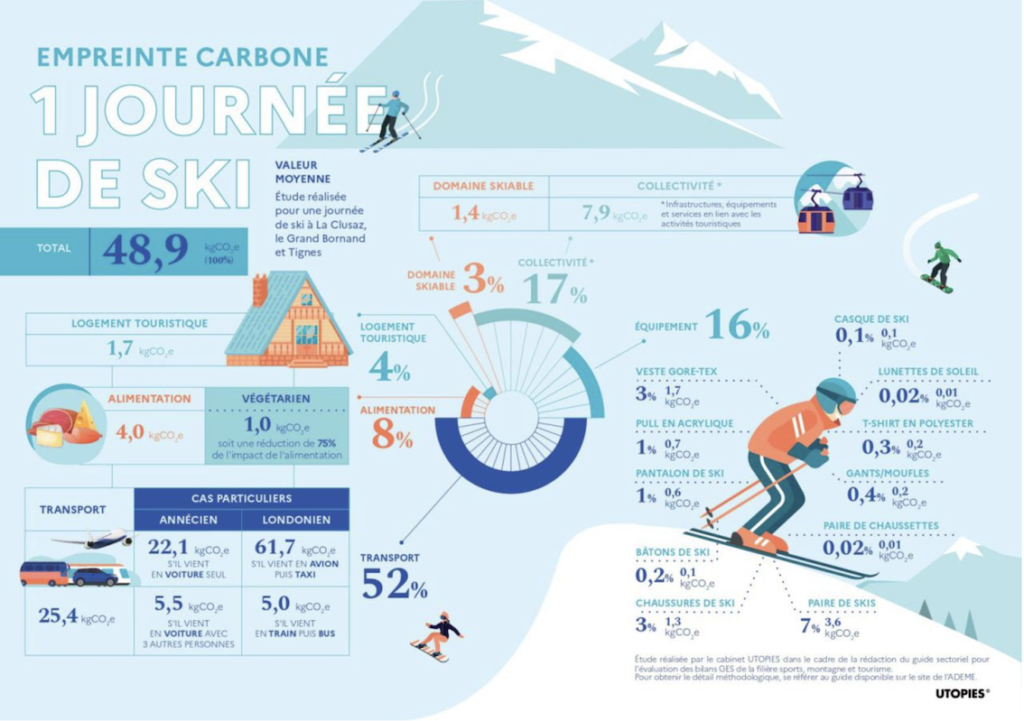 For the 2022/23 winter season, Compagnie des Alpes reported a 71% reduction in CO2
For the 2022/23 winter season, Compagnie des Alpes reported a 71% reduction in CO2
emissions in ski areas and outdoor activities. This reduction is mainly due to replacing diesel with HVO100 biofuel for snow groomers, reducing total CO2 emissions to 320 grams per skier per day.
Moreover, sustainable and eco-responsible vacation activities in mountain resorts are
developing, offering both summer and winter experiences. Today, green tourism and snow
tourism are more complementary than ever.
Transporting tourists to mountain vacations is also a major issue. The development of soft,
decarbonized mobility was discussed at the Mountain Planet trade show, notably including
valley lifts. Resorts also aim to promote public transportation and carpooling. Ski resorts are
facilitating electric vehicle travel by installing charging stations—a Sustainable and
responsible solution to protect the mountain environment.
→ Read the article “What kind of tourism diversification for mountain regions?”
Which eco-friendly label to choose?
More and more tourists today consider environmental initiatives, particularly those of ski
resorts, when choosing their vacation destination. An estimated 59% try to reconcile tourism
and ecology to minimize their environmental impact, and 75% are sensitive to green or
sustainable labels awarded to tourist service providers (study by routard.com – March 2023).
Among the many labels and certifications:
- “Station Verte” is a tourism label for resort destinations recognized for offering
meaningful, sustainable, authentic, human, and environmentally respectful stays. - The “Flocon Vert” label specifically targets mountain resorts and validates their
environmental preservation commitments. It is supported by the Mountain Riders association and is based on 20 criteria across four major themes: governance, local
economy, social and cultural dynamics, and sustainable resource management. - “Green Globe” is the global reference for sustainable tourism certification. Its goal is
to support tourism professionals who prioritize environmental and social concerns. - “B-Corp” evaluates companies’ social, societal, and environmental performance. It’s
an internationally renowned label for organizations of all sectors and sizes. - “Clef Verte” is a sustainable tourism label for tourist accommodations and
restaurants in France and internationally.
a lire également
Sustainable development
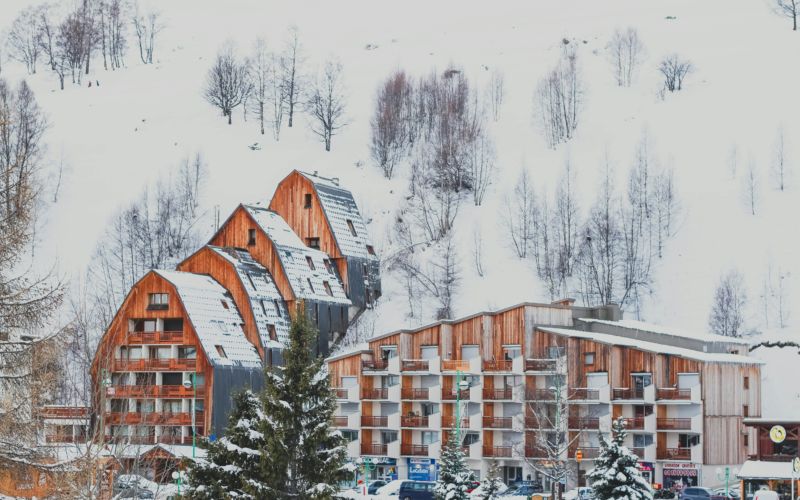
27 June 2024
The Revival of Leisure Real Estate in the Mountains
During the 2024 edition of the Mountain Planet trade show, several highly anticipated conferences took place. These focused on the topic of energy renovation for mountain housing. Indeed, the building ...
Accessibility
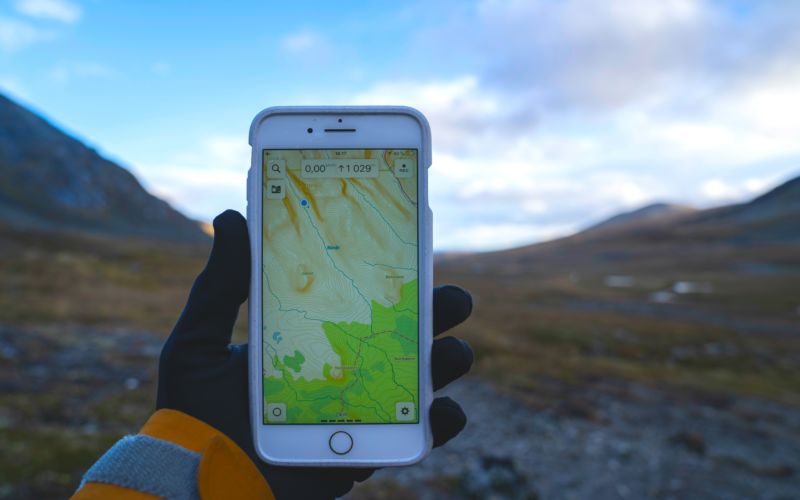
24 September 2024
Digital Accessibility and Mountain Tourism
Making digital tools accessible is a key challenge for tourism stakeholders. According to the Défenseur des droits*, 13 million people in France faced difficulties with digital access in 2022. Today, ...
Innovation
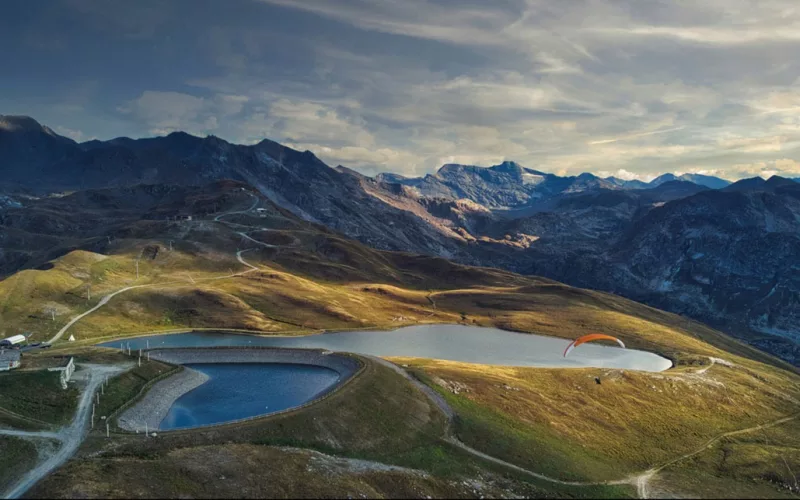
27 May 2024
Sustainable Innovation for Year-Round Mountain Tourism
Fifty years after the “Plans Neige” in France, ski resorts in our mountain regions are facing the full impact of climate change. To anticipate a future where winter tourism might ...


